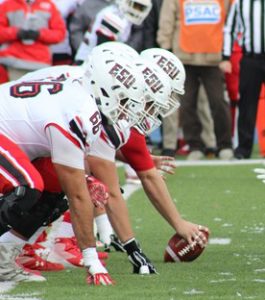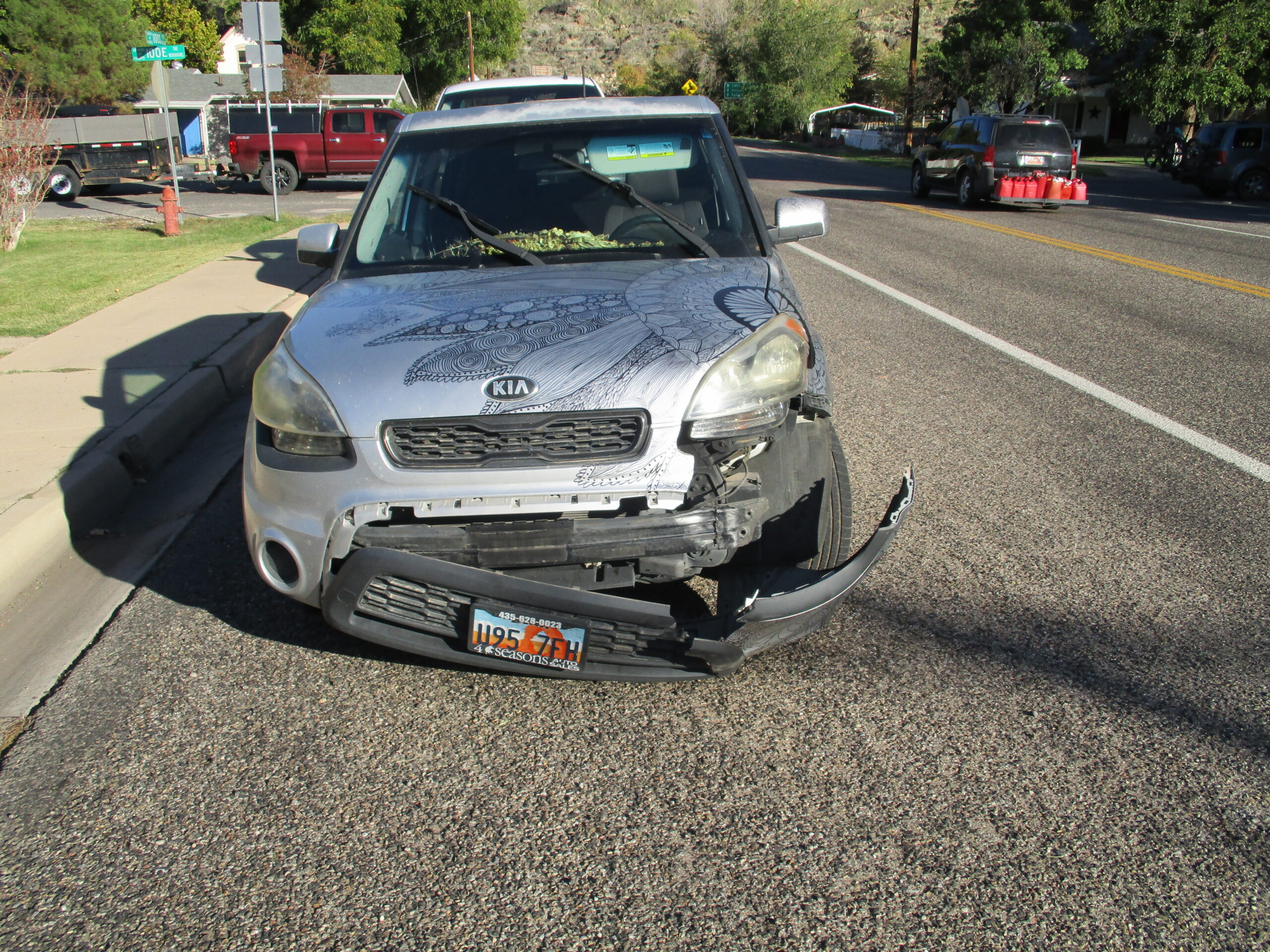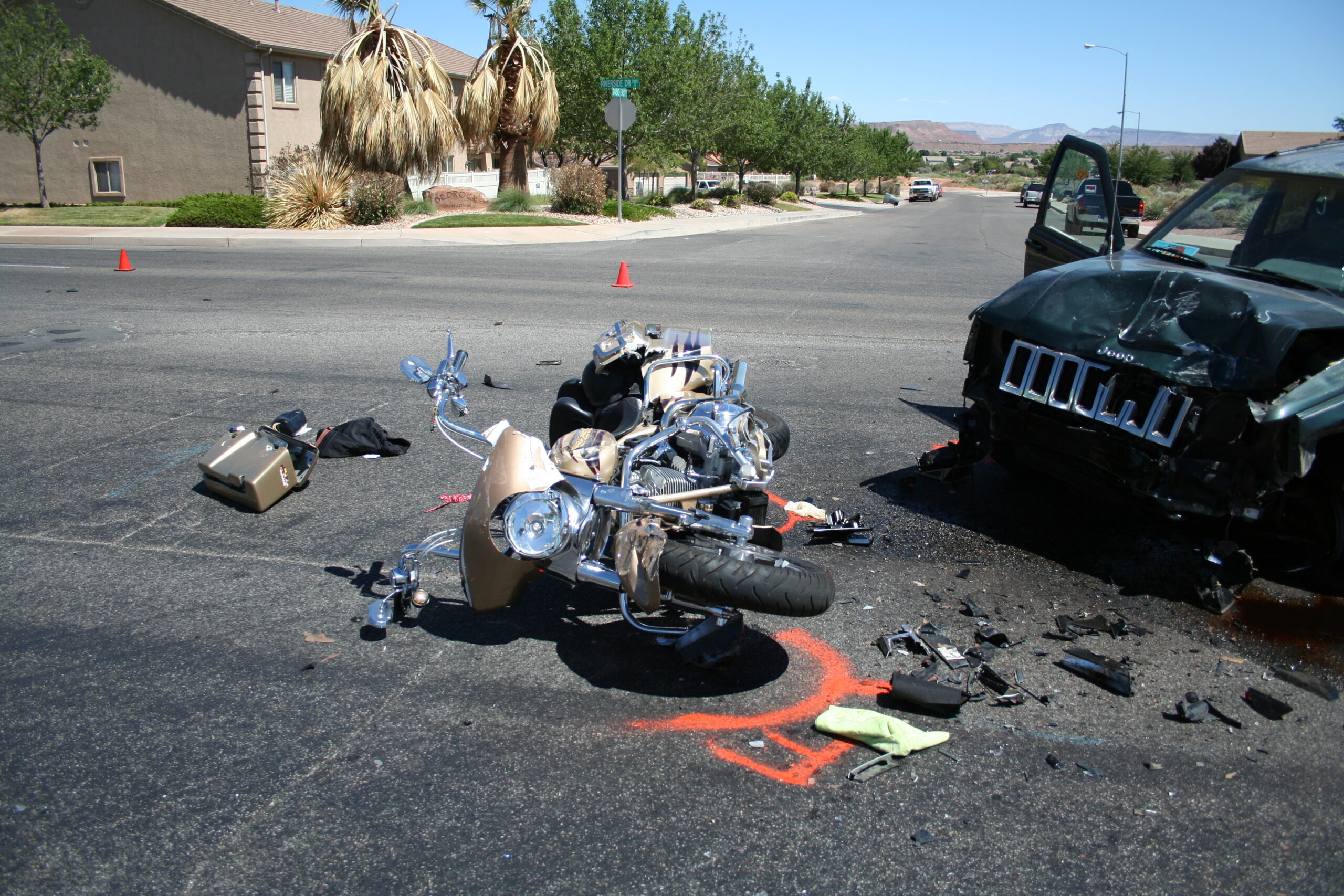Keep reading to learn everything you need to know about concussions, what causes them, how they are diagnosed, and your treatment options.
What is a Concussion?
Concussions are sometimes downplayed as being less dangerous than they actually are. While it may seem like just a “bump on the head,” in reality, a concussion is actually a mild traumatic brain injury, also known as a TBI.
Concussions are sometimes confused with a brain contusion. However, the two terms refer to two different types of injuries.
Contusions can occur on your head, but they can also occur elsewhere and are a type of bruising. Concussions only occur on your head and specifically affect your brain. However, a contusion and a concussion may go hand in hand if your head strikes a surface or object with a great deal of force.
Are Concussions Life Threatening?
In most cases, concussions are not life-threatening. The most common types of concussions are mild and resolve on their own within days or even hours of occurring. When this is the case, and if the individual does not have a history of concussions, there will likely be no lasting impact from a single concussion.
However, severe concussions or repeated concussions, especially in a short time period, can have more serious consequences.
Some warning signs that may indicate that a concussion is severe and that the victim is in danger and needs medical attention right away, include:
- If one pupil is noticeably larger than the other
- When you cannot wake the victim from their unconscious state
- Repeated vomiting
- Convulsions or seizures
- Slurred speech
- A persistent headache that will not go away
If you experience any of these symptoms or notice someone else experiencing them, it’s important to seek medical attention right away.
What Causes a Concussion?
Concussions occur when the head and brain shake quickly back and forth or your head collides with something with force or at a high speed.
There is an endless number of ways that a concussion can occur. Any time that your head comes into contact with a surface or object, or your experience a whiplash injury, there is a risk of a concussion.
Sports are one of the most common ways that concussions occur. However, they are far from the only way. Car accidents, falling off a ladder or down the stairs, or any other type of fall, slip, accident, or collision can lead to a concussion.
Sports and Concussions
When most people think about concussions, they think of high-impact sports. In fact, sports are one of the leading causes of concussions. Every year, experts estimate that 3.8 million concussions occur as a result of recreational activities and competitive sports.
Despite these estimates, most experts believe that as many as half of all concussions go unreported. This is likely particularly true in children, and of concussions that happen during a sports game,
Of all reported concussions, children have the highest rate of ER visits related to TBIs of any age group.
Football, basketball, soccer, hockey, and rugby players are particularly prone to concussions. These high-impact sports increase the likelihood of collisions between players, walls, balls, or other surfaces that can cause a concussion to occur.
In recent years, new research on concussions and their prevention has led to the improvement of helmets and other protective equipment. It has also led to changes in the rules
What are the Signs of a Concussion?
Much like other types of injuries, the signs of a concussion can vary widely from one person to the next, or even from one concussion to the next in the same individual.
In some cases, an individual may be knocked out by the impact, and also experience a concussion. However, not all concussion victims lose consciousness.
Because serious concussions require medical attention, it’s important to learn the signs of a concussion. This will allow you to watch for them in others, as well as in yourself.
Spotting Concussion Signs in Your Own Health and Behaviors
Following a minor injury, you might not think much of some pain in your head from where you hit the floor or wall. But if that pain continues, or if you exhibit other symptoms, it’s likely that you have a concussion.
Common symptoms of a concussion that you might notice in yourself include:
- Sudden, unusual problems with memory
- Confusion
- Feeling sluggish or drowsy
- Experiencing double or blurred vision
- Problems with balance
- Slowed reactions to what’s happening around you
- Light sensitivity
- Headaches, including severe headaches
- Vomiting or nausea
- Dizziness
Spotting the signs of a concussion in yourself can sometimes be a challenge. You hit your head, and now you have a headache; odds are that all you are thinking about is the pain. However, it’s very important to push through the pain and take note of other symptoms that you may be experiencing.
Spotting Concussion Signs in Another Person’s Health and Behaviors
Spotting the signs of a concussion in others can sometimes be difficult. However, there are some obvious signs that you’ll likely notice in those close to you, or those that you spend a lot of time around.
Common symptoms of a concussion that you might notice in someone else include:
- Unusual irritability
- Issues with balance
- Not waking up
- Loss of consciousness following an injury or collision
- Vomiting or nausea, especially if repeated or persistent
- Slurred speech
- Unusual mental confusion
- Loss of coordination
- Issues with walking
- Seizures
- Blood or clear fluid draining from the ears or nose
- Pupils of unequal size
If a friend or loved one has suffered a head injury, start by asking them questions about what happened and how they are feeling. Don’t just listen to their answers. Instead, you should also note how they are responding, what their voices sound like, and any indicators that they are acting differently than they normally do. Watching for these subtle indicators can be key to spotting a dangerous concussion.
Children and Concussions
Adults aren’t the only ones who can suffer concussions. Children can also suffer concussions, and experience similar symptoms.
One big danger involving kids and concussions is the effect of multiple concussions in a short time period. Children who experience a second concussion while still healing from the first may suffer permanent brain damage. Even in more minor cases, they’ll likely experience harsher symptoms.
Should You Seek Medical Attention for a Concussion?
Minor concussions often do not require medical attention or treatment.
Instead, the symptoms of the concussion will likely clear up on their own within hours or a few days of the injury occurring. In most cases, the victim will have no lasting effects caused by the concussion.
However, there are some circumstances when a concussion may require medical care or treatment.
Some instances when an individual should see a doctor include:
- If a spine injury may have occurred
- When an individual has had multiple concussions in a short time period
- If the symptoms of the concussion do not clear up on their own
- When symptoms are extreme and persistent, such as a debilitating headache, continuing mental confusion, or excessive vomiting
- If the individual has previously suffered any type of brain injury that required medical care and treatment
If you or someone else experiences the symptoms of a severe concussion, as listed above, it’s also important to seek medical attention. The symptoms experienced will vary from one individual to the next, and even from one concussion to the next. If you’re on the fence about whether or not your symptoms or the symptoms someone else is experiencing are dangerous, it’s better to be safe than sorry. Contact your doctor or visit your nearest emergency room for an evaluation.
How are Concussions Treated?
The general rule for concussions used to be to prevent the victim from sleeping, or from sleeping for extended periods, for at least a day after receiving their concussion.
However, in most cases, this is no longer recommended. Instead, a doctor may place a patient under observation.
Observation may occur in a hospital or at home. For severe concussions, observation at the hospital may be recommended. This gives doctors a chance to watch for other symptoms, like seizures or vomiting. In this case, a nurse may wake the victim periodically while they are asleep or resting.
If the patient is able to go home, their doctor may still recommend that a caregiver observe them, and wake them frequently during the night.
In either case, this frequent waking is used to check for other symptoms and to make sure that the patient is able to awake easily, just as they normally would without a concussion. If they are unable to do so, it could indicate that their concussion is more severe. Or it may show that the symptoms that they are experiencing are worsening. This might mean that they need additional medical care, especially if they were initially sent home by their doctor.
Treating Severe Concussions
If the symptoms of your concussion were severe, and you sought medical attention, your treatment may vary. Your doctor will provide recommendations on rest and other treatments. These will be based on the severity of your injury, your own health, and any history of prior concussions you might have.
How is a Concussion Diagnosed?
If the symptoms you suffer after a minor head injury aren’t severe, you might opt to self-diagnose. This is far from an exact science, and not recommended if your injury is severe. However, when symptoms are mild and resolve on their own quickly, you might decide for yourself whether you believe that you had a concussion, based on your symptoms.
If you opt to seek medical attention, your diagnosis will be a lot more accurate. For minor concussions, a doctor might diagnose based on a quick external examination and a series of questions about your injury and symptoms that you’re experiencing.
But with more severe concussions, your doctor might instead opt to perform a neurological examination, cognitive tests, and/or imaging tests.
For a neurological test, your doctor will evaluate your:
- Hearing
- Strength
- Sensation
- Reflexes
- Balance
- Coordination
- Vision
For cognitive testing, your doctor will evaluate your:
- Memory
- Ability to recall information on command
- Ability to concentrate
Imaging tests are most common for those who experience severe and lasting headaches, seizures, or vomiting. Doctors may run a cranial computerized tomography, or CT, scan. This is the standard test used to evaluate head and brain injuries.
In some cases, an MRI, or magnetic resonance imaging, scan may be used instead. This scan detects changes in your brain. It may be used to show how your brain function has changed since getting a concussion.
Car Accidents and Concussions
While concussions and sports tend to go hand-in-hand, head injuries and car accidents do as well. If you’ve suffered a head injury in an accident, you may also have a concussion.
This may mean hospital or doctor’s visits, missed work, and, of course, the physical pain of your concussion. If you caused the accident, your insurance will pay for your medical bills. However, if someone else’s negligence left you saddled with a painful, debilitating concussion, you deserve compensation for your medical bills, as well as for your pain and suffering.
If you’ve suffered a concussion in a car accident caused by someone else’s negligence, we can help. An experienced car accident attorney can help you gather information, obtain medical records, file insurance claims, and build a case, so you don’t have to. This means you can focus your efforts on healing from your injuries.
WE’RE HERE TO HELP
Get your free consultation today!
CONTACT US



